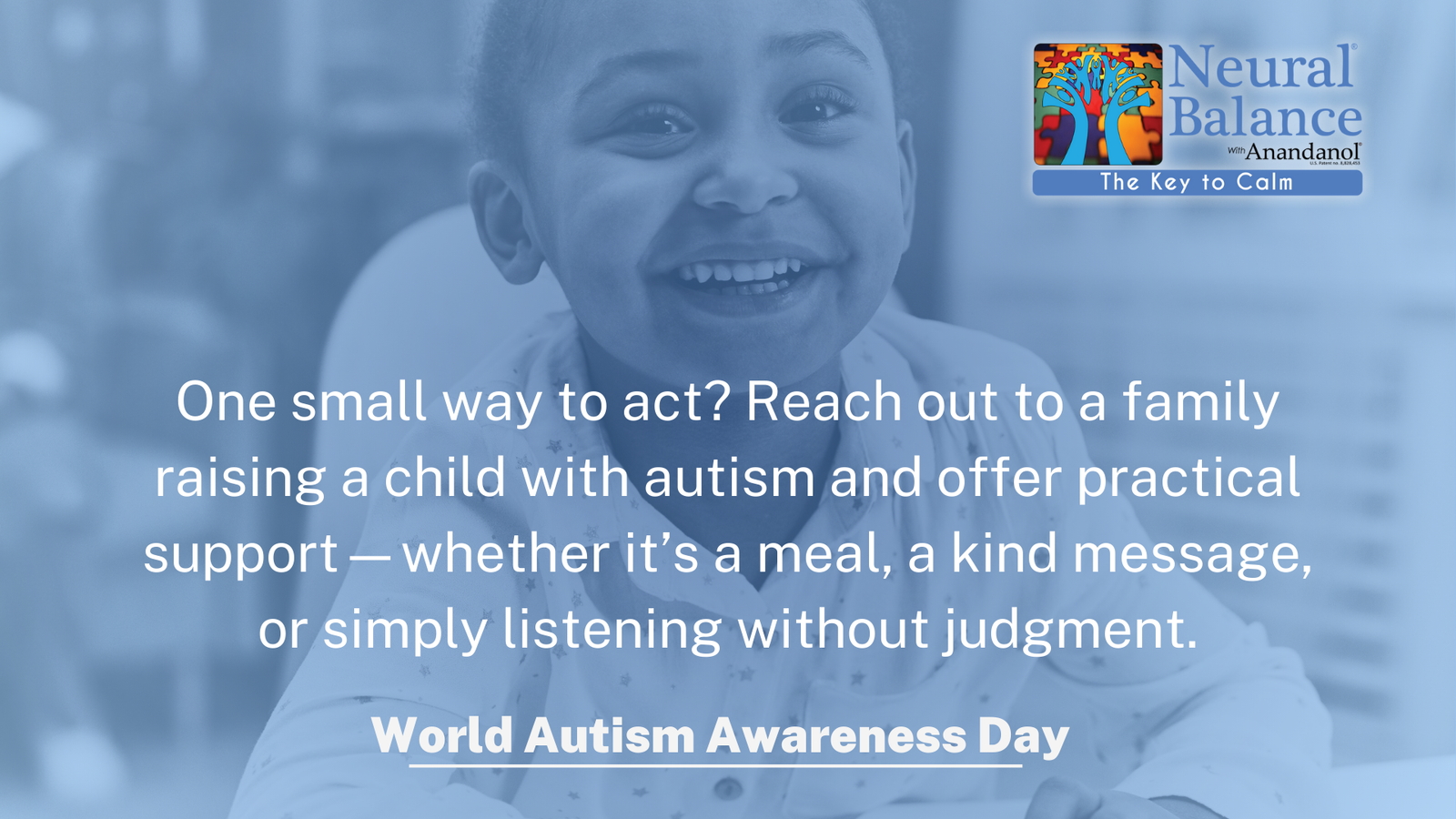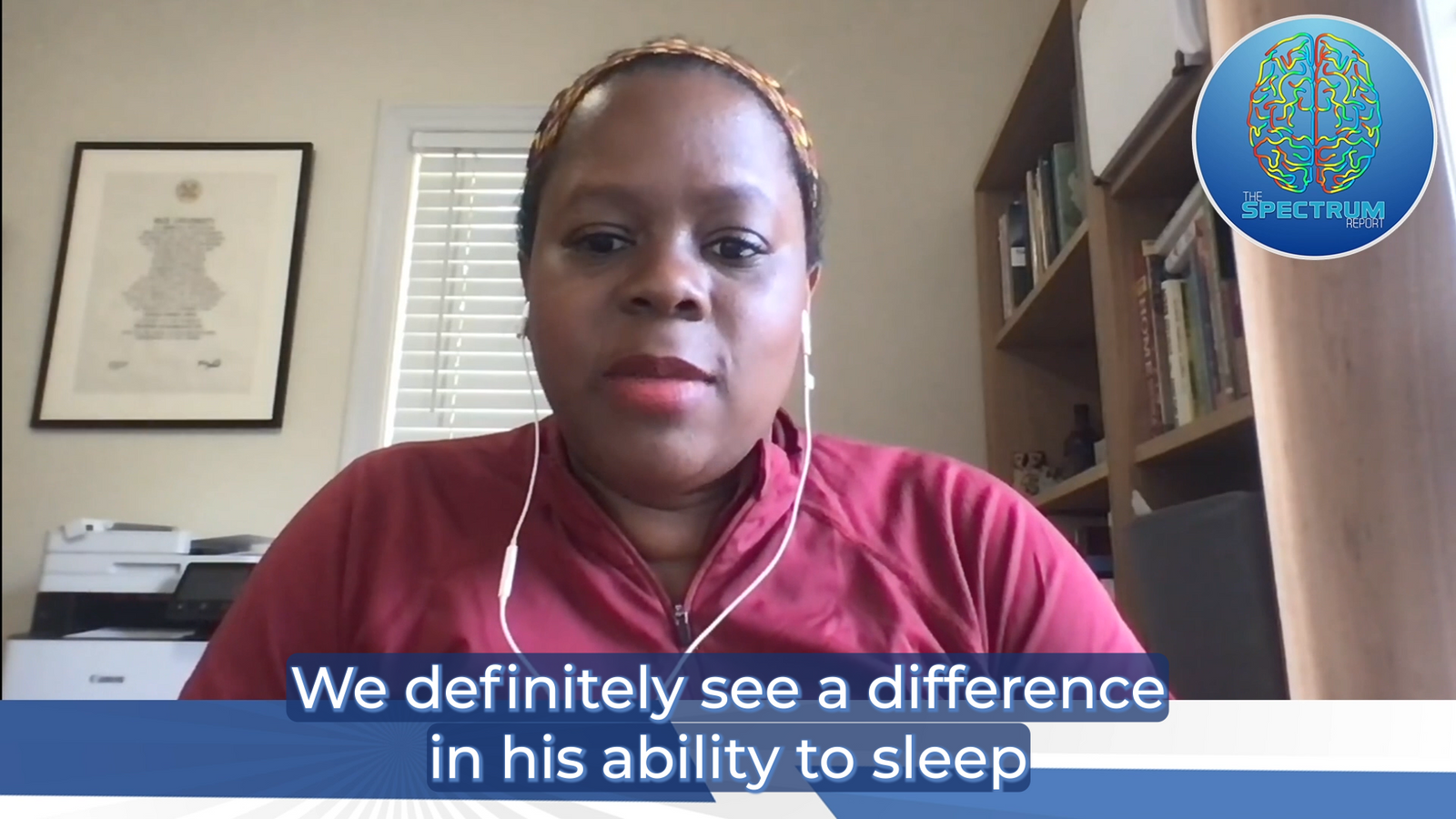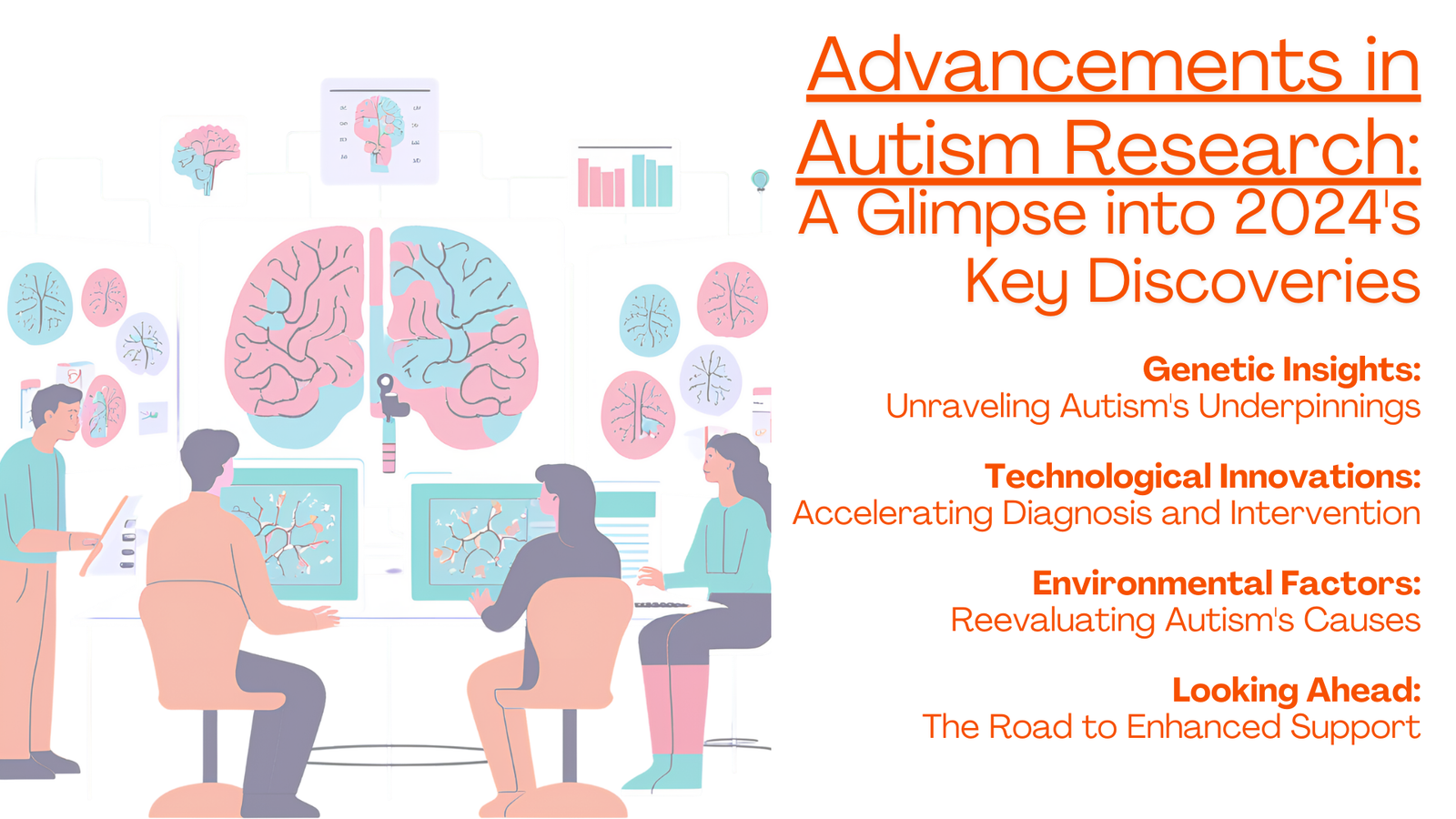Parenting
World Autism Awareness Day was first designated by the United Nations in 2007 to bring global attention to autism and to encourage member states to improve quality of life for those with ASD so they can lead full and meaningful lives. While increased awareness is a step in the right direction, understanding and inclusion are where true change begins
As the chill of winter fades and warmer days roll in, many families breathe a sigh of relief—until the change in season brings its own set of challenges. For parents of children with autism, sensory sensitivities, or behavioral struggles, springtime can feel like a mixed blessing.
Beyond IQ scores, researchers are investigating links between fluoride and behavioral disorders like attention deficit hyperactivity disorder. ADHD is a complex condition, but environmental toxins are one suspected contributor – and fluoride has emerged as a potential culprit. In 2015, an ecological study examined ADHD rates across U.S. states in relation to water fluoridation levels. The results were striking: states with more fluoridated water had significantly higher ADHD prevalence, even after adjusting for socioeconomic differences.
The methylenetetrahydrofolate reductase (MTHFR) gene plays a crucial role in the body's methylation process, which is essential for DNA synthesis, repair, and detoxification. Mutations in the MTHFR gene can impair the body's ability to process folate, leading to elevated homocysteine levels and an increased risk of various health issues.
The year 2024 has ushered in significant strides in autism research, offering renewed hope and understanding for individuals with autism spectrum disorder (ASD) and their families. These developments not only deepen our comprehension of autism's complexities but also pave the way for improved interventions and support mechanisms.
Let's take a few minutes to look into the recent federal spending freeze announced by President Trump. There's been a lot of confusion and concern surrounding this topic, especially regarding its potential effects on healthcare services. Our goal is to clarify what the freeze entails, its actual implications, and, most importantly, reassure you about the continuity of care for you and your children.












